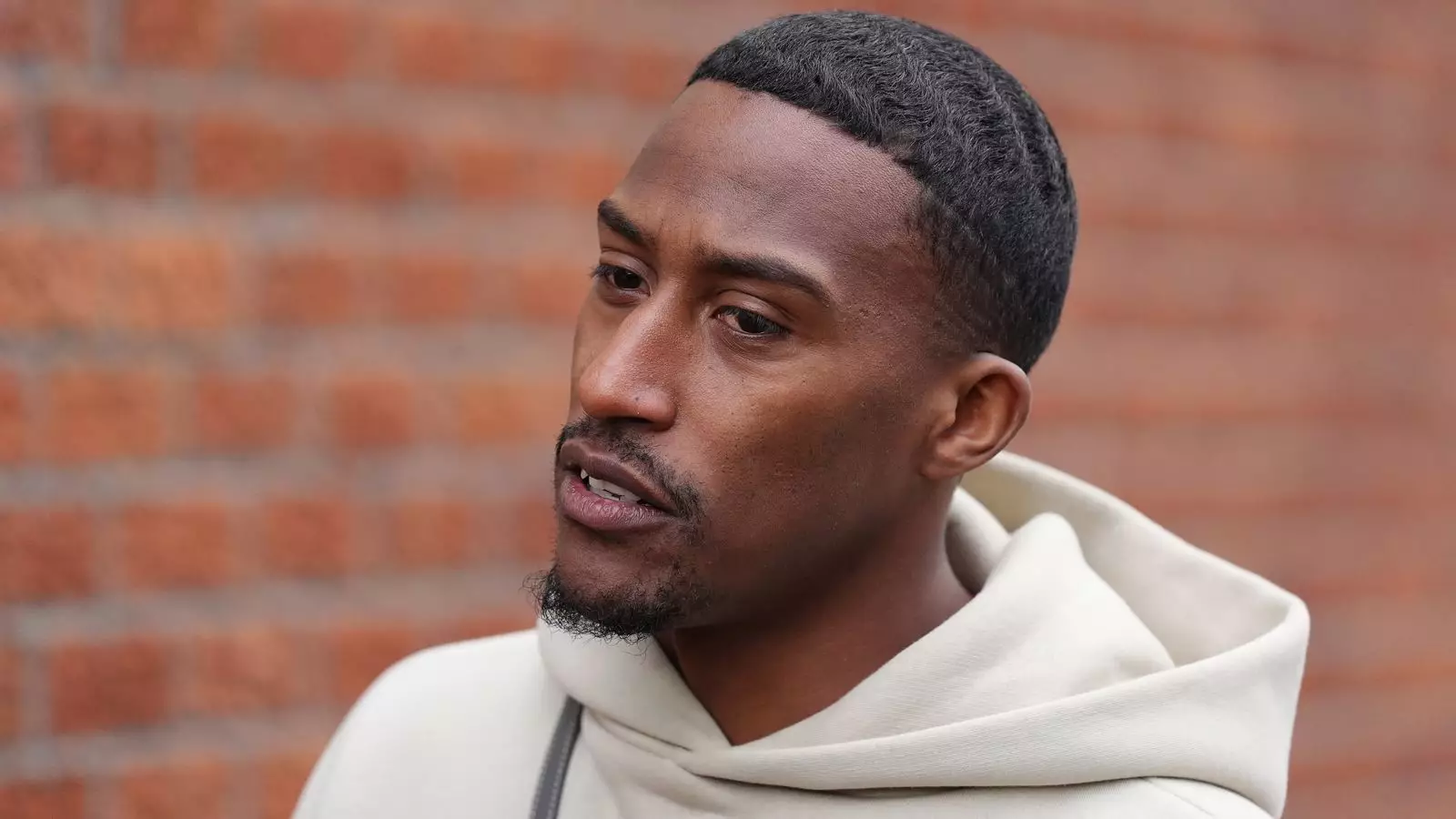The intertwining of sports and entertainment can often lead to unexpected consequences and significantly impact numerous stakeholders. Recently, The Football Association (FA) faced such a scenario following serious allegations against popular British YouTuber and rapper Yung Filly. This incident not only highlights the precarious relationship between celebrity culture and public responsibility but also raises questions about how organizations manage their brand in light of unforeseen controversies.
A Promising Initiative Meets Turmoil
Just a day after launching a new online cookery series titled “The Greater Game,” featuring well-known England footballers and Yung Filly, the FA found itself in the midst of a public relations ordeal. The campaign aimed to promote healthy eating habits among youths aged 12 to 16, leveraging the appeal of both sports and social media influencers to engage a broader audience. However, the initiative was abruptly pulled following the announcement that Yung Filly, whose real name is Andres Felipe Valencia Barrientos, faced serious criminal charges in Australia.
The cookery series was intended to showcase the culinary skills of both the England stars and Yung Filly, encouraging young people to explore healthy cooking options. However, the potential of such an initiative was overshadowed by the gravity of the accusations against Yung Filly, which included multiple counts of sexual misconduct. The swift decision by the FA to retract the series underscores the organization’s commitment to maintaining a positive image and prioritizing their responsibility toward safeguarding the dignity of their initiatives.
Yung Filly was arrested in Brisbane and extradited to Perth where he appeared in court charged with serious offenses, including sexual penetration without consent and assault occasioning bodily harm. The nature of these allegations is profoundly serious, involving the alleged assault of a young woman in his hotel room after a performance. This case, which has garnered significant media attention, raises awareness about issues surrounding consent and accountability, particularly among public figures.
The police have urged anyone with relevant information to come forward, emphasizing the importance of transparency in such sensitive matters. This approach not only aids in the ongoing investigation but also invites public discourse about the broader implications of celebrity conduct in society. As more revelations emerge, the repercussions of Yung Filly’s legal troubles stretch far beyond his personal life, influencing how brands and institutions navigate their associations with influencers.
The FA’s immediate response to the allegations reflects a growing recognition among organizations about their duty to uphold ethical standards in the face of controversy. By promptly removing the cookery videos from their platforms and distancing themselves from Yung Filly, the FA demonstrated a proactive approach to crisis management. This quick action not only mitigated potential backlash but also reinforced their commitment to promoting positive influences over public figures involved in serious misconduct.
Moreover, while Marks & Spencer (M&S) was a partner in the “Greater Game” campaign, it is essential to note that they had no direct endorsement arrangement with Yung Filly. This distinction is crucial, as it emphasizes the complexities of celebrity sponsorships—often viewed through a lens of public scrutiny. Organizations must now weigh the risks associated with aligning themselves with influencers, as their actions can significantly affect brand reputation.
This incident serves as a reminder of the intricate relationship between celebrity culture, corporate responsibility, and societal values. While influencers like Yung Filly can provide platforms for positive engagement and inspire the youth, their personal actions can lead to organizational turmoil when they contradict the values that brands seek to promote.
As the investigation unfolds, the FA’s decision to abandon its collaborative project illustrates a growing awareness of the social responsibilities tied to public perception. In an era where the lines between entertainment and social responsibility are increasingly blurred, organizations must remain vigilant, ensuring that their associations reflect their core values while promoting safe, healthy practices—one meal, one campaign, and one decision at a time.



Leave a Reply